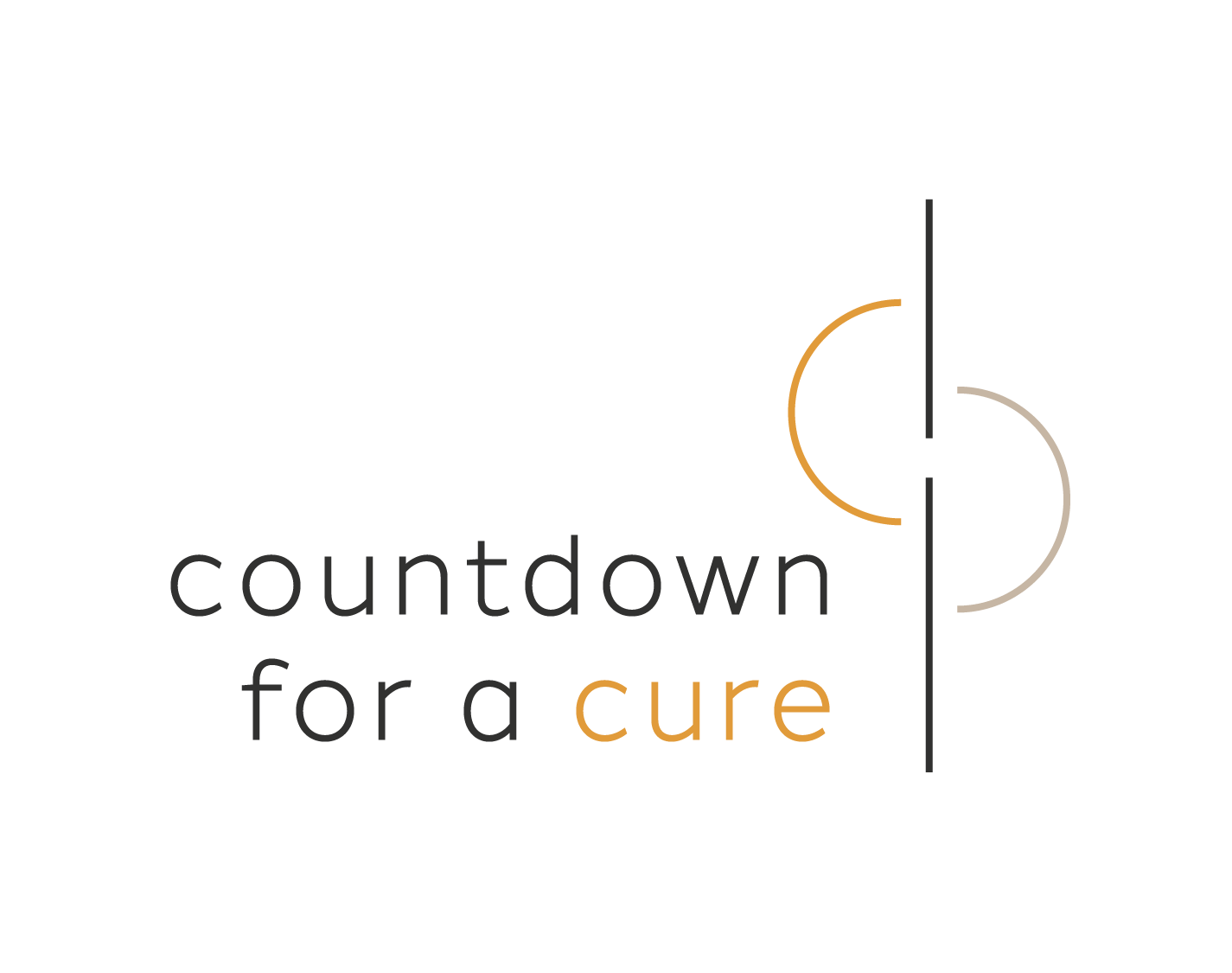Meet Our Scientific & Medical Advisory Board
Meet the renowned scientists and medical professionals who guide our research initiatives.
Scientific & Medical Advisory Board

Colwyn Headley, PhD (Chair)
Dr. Colwyn “CoCo” Headley is an Instructor & Junior Faculty Member in the Division of Cardiovascular Medicine at Stanford University School of Medicine. He earned his B.S. in Microbiology and Ph.D. in Biomedical Sciences (Immunology) from The Ohio State University, followed by a Postdoctoral Fellowship in Cardiovascular Medicine at Stanford University. Dr. Headley’s research focuses on the intersection of aging-associated mitochondrial dysfunction and immune regulation, aiming to uncover novel mechanisms underlying immune-mediated cardiovascular diseases, such as abdominal aortic aneurysms and peripheral artery disease. His work leverages innovative approaches in mitochondrial bioengineering and transplantation, with an emphasis on enhancing mitochondrial function and cellular metabolism to restore immune and vascular health in aging and disease. Dr. Headley’s research is currently funded by the American Heart Association, the Burroughs Wellcome Fund, and NASA.
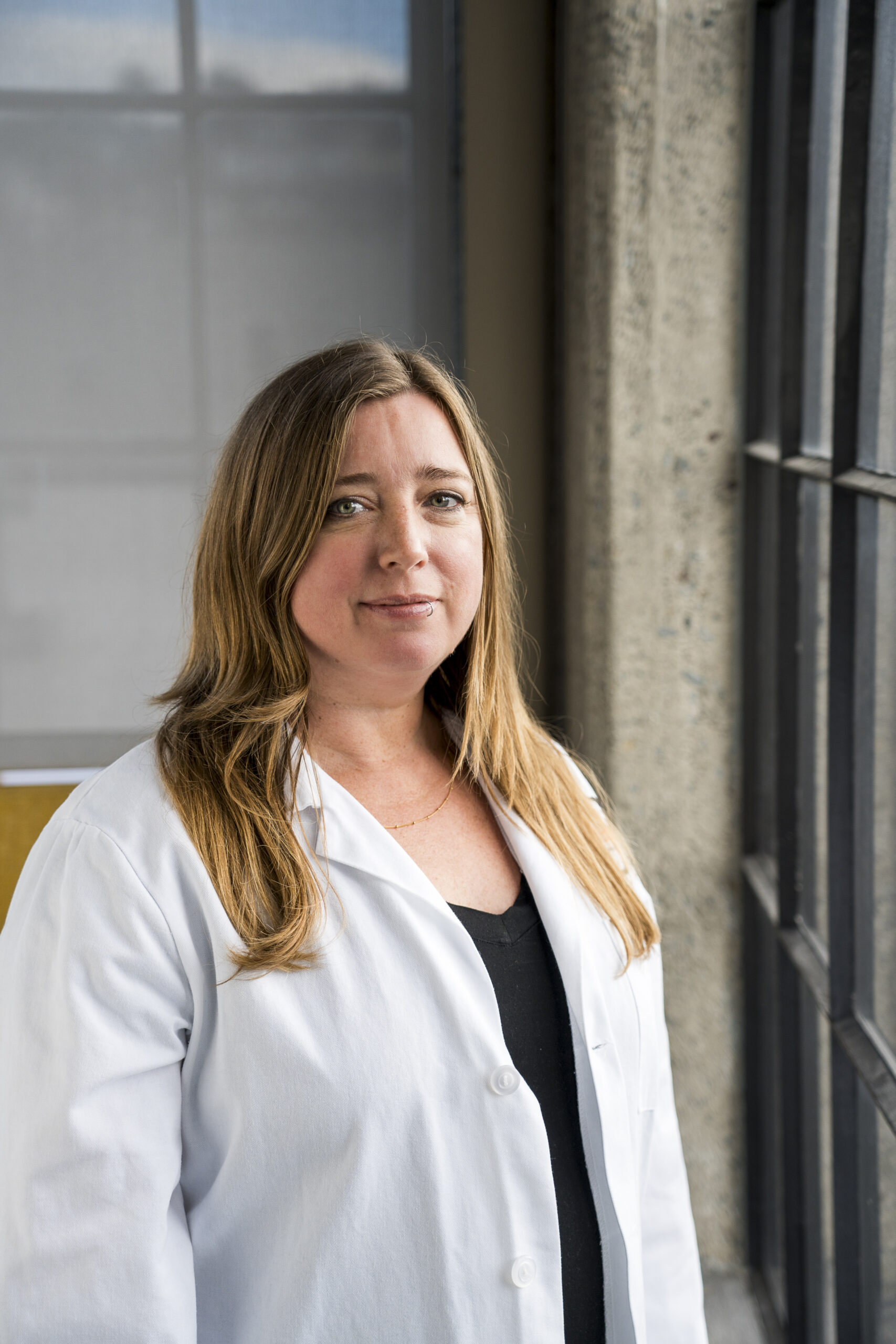
Christin Glorioso, MD, PhD
Dr. Christin Glorioso is a neuroscientist, physician, and serial entrepreneur. She is co-Founder and CEO of NeuroAge Therapeutics and Founder and Executive Director of the non-profit, Longevity Global. An expert in predictive modeling, Her COVID-19 US case prediction model was #1 out of 104 teams worldwide in the XPRIZE Pandemic Response Challenge. Previously she was Head of Research of the DICE Institute at the Pathcheck Foundation, Head of AI of the COVIDB division at TeachAids, and Chief Strategist of UCSF’s Bakar Aging Research Institute. She has published more than 30 peer reviewed articles and been awarded fellowships by AFAR, the Glenn Foundation for Medical Research, and the National Institute on Aging. Dr. Glorioso holds an MD and PhD in Neuroscience from the University of Pittsburgh and Carnegie Mellon University’s Medical Scientist Training Program and completed her postdoctoral training at MIT.

Michael Gottschalk, MD
Dr. Gottschalk grew up in Dallas, Texas as the youngest of three boys. He went on to graduate from JJ Pierce High School in the top 10% of his class and as an AP Scholar with Distinction. Dr. Gottschalk received an academic scholarship to attend the Business Honors Program at the University of Texas at Austin. After graduating from UT Austin, he then went to complete medical school at the University of Texas Health Science at San Antonio. Upon completion of medical school, Dr. Gottschalk completed his Orthopaedic Surgery Internship and Residency at Emory University. While in his training, Dr. Gottschalk received multiple accolades and awards for his outstanding research and was elected as a resident leader to the esteemed American Orthopaedic Association.
After the completion of his Orthopaedic Surgical Training, Dr. Gottschalk was selected to the prestigious Emanuel Kaplan Hand and Upper Extremity Fellowship at the NYU Hospital For Joint Diseases. He was selected as the Hand and Upper Extremity administrative fellow and served on the resident council for quality and safety. During his training at the Hospital for Joint Diseases, Dr. Gottschalk helped treat work related injuries to the NYPD, NYFD, and hotel trade union.
Dr. Gottschalk is board-certified in Orthopedic Surgery and surgery of the hand. He also holds the positions of Assistant Professor of Plastics Surgery, Adjunct Appointment, Plastics Surgery - Surgery at Emory University School of Medicine, and Assistant Professor, Director of Clinical Research in the Department of Orthopedics at Emory University. Dr. Gottschalk has won numerous awards and is a member of many professional orthopedic societies.
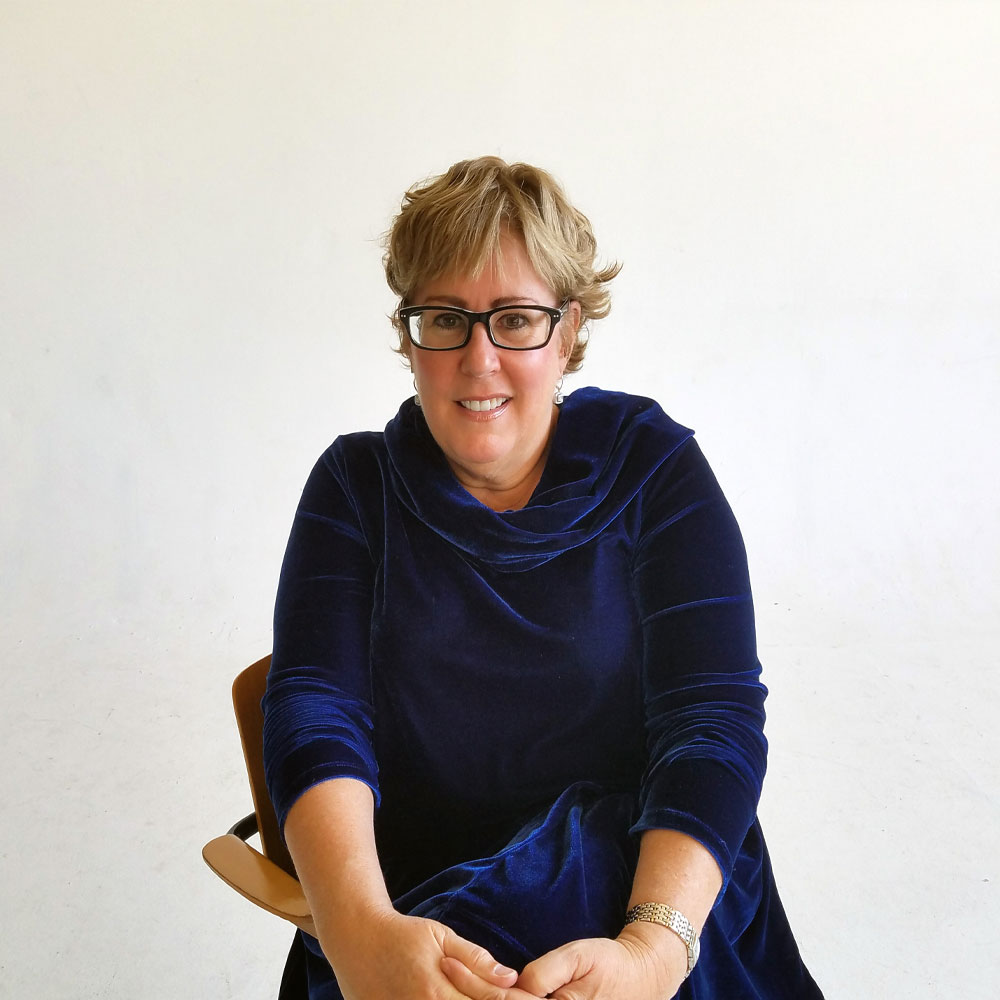
Fran D. Kendall, MD
Dr. Kendall, a board certified Clinical Biochemical Geneticist trained at Harvard, has 30 yrs. of experience in the care of patients with mitochondrial, metabolic, and connective tissue disorders.
As one of the first women in her field, she piloted the first Mitochondrial Disorders Program in the US, created one of the first private laboratories focused on metabolic and mitochondrial disorders, and offered telemedicine to underserved rare disease communities around the world before such practice was commonplace. Her current consulting firm, a unique, innovative group, VMP Genetics, brings together Metabolic leaders to provide direct patient care consultation, physician support to understaffed programs, and biochemical genetics education through a host of platforms. She is a founding member and current CEO of VMP Genetics, LLC.
Dr. Kendall is also the author of numerous articles and book chapters on mitochondrial and other metabolic disorders, serviced as the Safety Committee Chair for a mitochondrial medication clinical trial and is on the Medical Advisory Committee for MitoAction. She resides in Atlanta, GA with her family and enjoys traveling the globe, gardening, writing and mastering the piano.

Robert Lufkin, MD
Physician/medical school professor (UCLA and USC) and New York Times bestselling author focusing on the applied science of health, longevity, and consciousness. After reversing chronic disease and transforming his life he is making it his mission to help others do the same.
Helping to reimagine the conventional healthcare model with evidence-based lifestyle modifications and other tools.
His new book, ‘Lies I Taught In Medical School’ is a New York Times bestseller and has reframed how we think about metabolic health and longevity. In addition to being a practicing physician, he is author of over 200 peer reviewed scientific papers and 14 books that are available in ten languages. His weekly video podcast and social media posts have over 400,000 followers worldwide.
Robert has given invited lectures/keynotes around the world, and was named one of the ‘100 Most Creative People in Los Angeles’ by Buzz Magazine. His other honors include serving as President of the Society of Magnetic Resonance Imaging, President of the American Society of Head and Neck Radiology, and numerous other professional affiliations. Among his many inventions including several patents in artificial intelligence, he developed an MR-compatible biopsy needle which is used worldwide today as the “Lufkin Needle.”
Robert studied computer science at Brown University and completed his medical degree at the University of Virginia School of Medicine. He is currently Adjunct Clinical Professor of Radiology at the USC Keck School of Medicine with an academic focus on the applied science of longevity. He is also Chief of Metabolic Imaging at a large medical network in southern California.

Deborah G. Murdock, PhD
Deborah Murdock is a Research Associate Professor of Pediatrics in the Perelman School of Medicine and co-scientific director of the Center for Mitochondrial and Epigenomic Medicine at the Children’s Hospital of Philadelphia.
She has been studying mitochondrial biology for over 25 years. Her main area of research is the mitochondrial fatty acid synthesis pathway, and mitochondrial dysfunction in common diseases. Most recently she has created experimental models of the mitochondrial fatty acid synthesis disorder MEPAN that can be used for testing therapeutics.
Area of Expertise: Mitochondrial genetics, primary mitochondrial disease, mitochondrial fatty acid synthesis, mouse models of mitochondrial dysfunction, mitochondrial dysfunction in common disease.
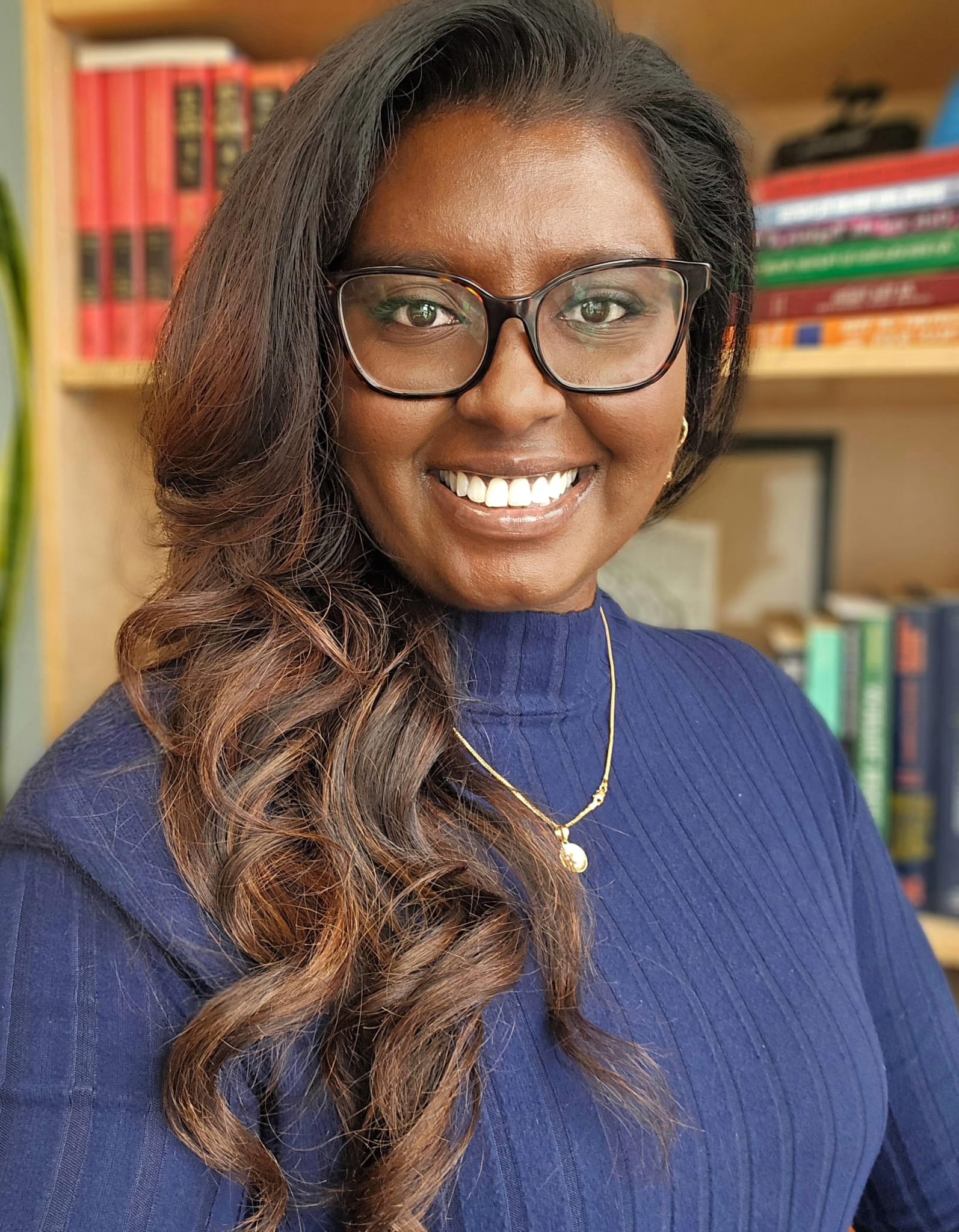
Nirosha J. Murugan, PhD
Dr. Nirosha J. Murugan is Canada Research Chair in Tissue Biophysics and a Faculty of Science Distinguished Research Chair at Wilfrid Laurier University, where she leads a multidisciplinary research program investigating the physical basis of life. As an applied biophysicist, her work explores how structured physical signals, such as light and magnetism, govern cellular plasticity, tissue regeneration, and the reversal of disease states. Her approach reframes biology not solely as a molecular system, but as a dynamic network governed by first principles in physics. Nirosha earned her Ph.D. in Biomolecular Sciences at Laurentian University in Canada, where she pioneered quantum sensor-based technologies for non-invasive cancer detection - now translated into a startup, HelioFlux Inc. As a postdoctoral fellow in Dr. Michael Levin’s lab at Tufts University, she helped establish ion-channel bioelectricity as a mechanism of tissue patterning and developed, in collaboration with Dr. David Kaplan, a silk-hydrogel multi-drug delivery system to induce limb regeneration in non-regenerative species. Her lab bridges quantum mechanics and biophysics with biomedical engineering to decode how physical signals, acting as carriers of structured information, sculpt the body's energetic architecture. By mapping how these signals define energy landscapes and reconfigure cellular signaling networks, her work reveals new ways to understand cell state transitions, disease emergence, and therapeutic responsiveness at both the individual and systems level. A passionate educator and former Harvard teaching fellow, Nirosha is deeply committed to mentorship and to making biophysics accessible to the next generation of health innovators. Through technology development, interdisciplinary collaboration, and entrepreneurial translation, she aims to bring the biophysics of life into real-world innovations that support a more precise, holistic, and energetically informed model of human health.
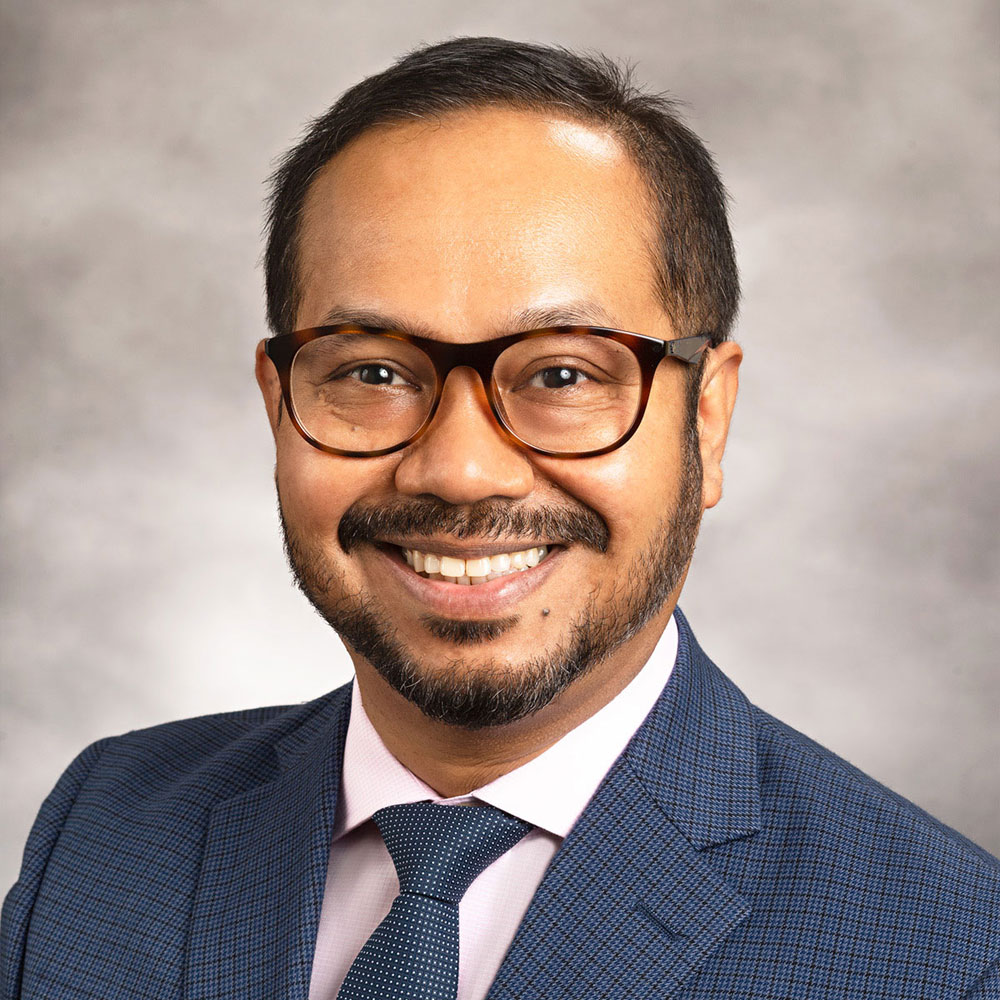
Anupam Patgiri, PhD
Dr. Patgiri's research focuses on developing innovative therapies for mitochondrial diseases. He earned his PhD in chemical biology under the supervision of Dr. Paramjit (Bobby) Arora at NYU, where he created the first direct inhibitor of the oncoprotein Ras as a potential anticancer therapeutic. Dr. Patgiri then trained as a postdoctoral fellow under Dr. Vamsi Mootha at Massachusetts General Hospital and Harvard Medical School in mitochondrial disease biology. During his postdoctoral research, Dr. Patgiri engineered an enzyme called LOXCAT as a potential therapy for primary mitochondrial diseases. In his independent lab, Dr. Patgiri leverages his expertise in chemistry, drug development, metabolism, and mitochondrial disease biology to develop potential therapies for mitochondrial diseases. Given the close association between mitochondrial dysfunction and various common conditions such as neurodegeneration and aging, Dr. Patgiri also aims to apply his research on rare, inherited mitochondrial diseases to develop "mitochondria-centric" therapies for common diseases.
Anupam Patgiri, PhD, is an assistant professor in the Department of Pharmacology and Chemical Biology at Emory University School of Medicine. Dr. Patgiri is a member of the Discovery and Developmental Therapeutics Research Program at Winship Cancer Institute.

Christopher Palmer, MD
Dr. Christopher Palmer is a Harvard psychiatrist and researcher working at the interface of metabolism and mental health. He is the Founder and Director of the Metabolic and Mental Health Program and the Director of the Department of Postgraduate and Continuing Education at McLean Hospital and an Assistant Professor of Psychiatry at Harvard Medical School. For almost 30 years, he has held administrative, educational, research, and clinical roles in psychiatry at McLean and Harvard. He has been pioneering the use of the medical ketogenic diet in the treatment of psychiatric disorders—conducting research in this area, treating patients, writing, and speaking around the world on this topic. Most recently, he has proposed that mental disorders can be understood as metabolic disorders affecting the brain, which has received widespread recognition in both national and international media outlets.

Martin Picard, PhD
Martin Picard, PhD is an Associate Professor at Columbia University Irving Medical Center where he leads the Mitochondrial Psychobiology Group (www.picardlab.org). Martin’s life is dedicated to energy-based, transformative, health-focused research and dissemination. His goal is to support and accelerate the development of a new scientific field: Healing Science. Martin has unified mitochondrial biology, bioenergetics, and aging science, together with integrative medicine, psychosocial sciences, and contemplative practices into a rigorous interdisciplinary research program. His group’s work integrates the science of energy and the human experience, developing new principles, terminology, techniques, and translational studies. Martin has pioneered the nascent discipline of Mitochondrial Psychobiology. His drive to understand the human health continuum has led him to co-direct the vanguard Science of Health program at Columbia University. Together with an international team of collaborators, he also leads the NIH-funded Mitochondrial Stress, Brain Imaging, and Epigenetics (MiSBIE) study, which provides a roadmap to integrate deep molecular, bioenergetic, clinical, and psychosocial phenotyping and address the mind-mitochondria connection. Martin partners with visionary thinkers and domain experts across diverse areas to lead large-scale initiatives that will accelerate the scientific and cultural transformations, promising to help each person sustainably achieve their full health potential. Martin enjoys being amongst trees and the natural world, especially with his son Noah, and inquiring into the movement of energy and consciousness with friends and colleagues.
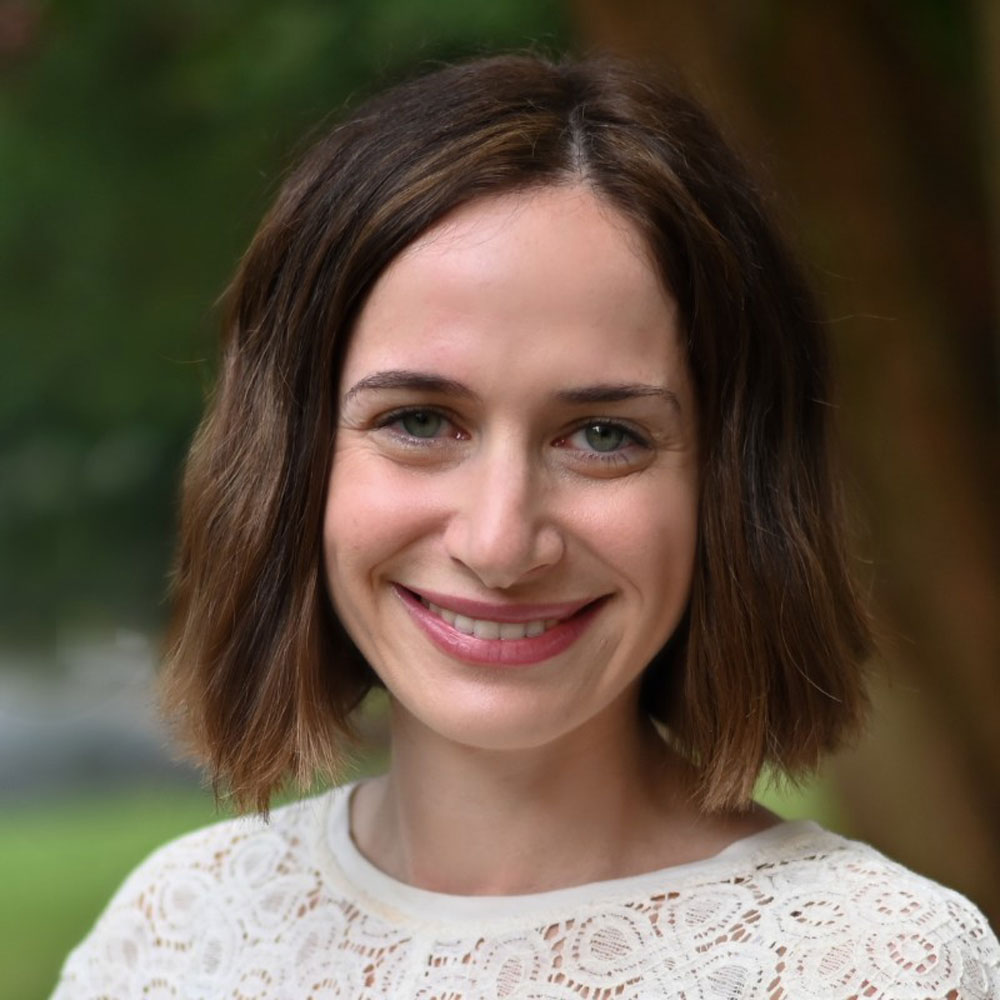
Nehama Schondorf, DPT
Nehama Schondorf is a physical therapist in Atlanta, GA, with a specialization in chronic pain management, connective tissue disorders, and autonomic conditions. She earned her Doctorate in Physical Therapy from Emory University and has completed extensive advanced training in the areas of myofascial pain, dry needling, and vestibular rehabilitation. As an engaged leader in her field, Nehama recently presented at the 2024 American Autonomic Society conference, where she shared her insights on POTS and exercise. She is also a dedicated educator, frequently teaching local physical therapists about the complexities of Ehlers-Danlos Syndrome (EDS) and Postural Orthostatic Tachycardia Syndrome (POTS).

Noa Sher, PhD
Dr. Noa Sher is a biotechnology executive with over a decade of experience dedicated to treating rare diseases. Her multidisciplinary background and ability to address complex scientific research and translational challenges make her a valuable asset in translating ideas from conception to clinical development in the highly regulated biotechnology industry. As the Chief Scientific Officer at Minovia Therapeutics, she leads the development of innovative mitochondrial cell therapies aimed at treating mitochondrial and hematopoietic diseases. Prior to her tenure at Minovia, Dr. Sher was a research team lead at Pluristem, where she was responsible for the preclinical development of several clinical-stage allogeneic cell therapy products. A molecular and cellular biologist by training, Dr. Sher began her career in academia, founding and heading a bioinformatics service unit at the University of Haifa. She holds a PhD in Biochemistry from the Hebrew University and completed postdoctoral research at the Whitehead Institute, MIT, and at the Technion Institute of Technology. Noa is passionate about leveraging her expertise to mentor newcomers to the healthtech space and to supporting underserved communities and make a meaningful impact in global health.

Howard Snapper, MD
Dr. Howard Snapper is a highly-specialized physician and one of fewer than 50 doctors in North America certified to diagnose and treat autonomic disorders. Doctors across the nation refer their patients to Dr. Snapper for his specialized evaluation and skilled expertise. Dr. Snapper is board-certified in Cardiovascular Disease and interventional cardiology. He is also board-certified in Autonomic Disorders. He is a fellow of the American College of Cardiology.
Dr. Snapper received his medical degree from the University of Massachusetts Medical School. He completed his internship and residency at Northwestern University Medical School in Chicago and completed a general and interventional fellowship at the New England Medical Center Hospital in Boston. Dr. Snapper joined Wellstar Medical Group, Cardiovascular Medicine in November 2008. He is currently on staff at Wellstar Kennestone and Cobb hospitals.
Dr. Snapper has been instrumental in establishing the first cardiac screening program for student athletes in Cobb County using echocardiography.

Natalie Yivgi-Ohana, PhD
A life science entrepreneur, Scientific founder and CEO of Minovia Therapeutics Ltd. has led the company since incorporation in 2011.
Natalie holds a Ph.D. in Biochemistry from the Hebrew University; Postdoctoral fellowship at the Weizmann Institute; Twenty years experience in mitochondrial research that led to the development of a novel mitochondrial cell therapy approach to treat mitochondrial diseases: from ideation to clinical stage; from a small start up to a global organization with a team of Biotech leaders. Raised $30M from private investors; established collaborations with top researchers and clinical centers around the world, as well as strategic partnership with a leading pharma company.
As a scientific founder and CEO, Natalie invests to establish the best in class mitochondrial R&D center with global collaborations in the field of mitochondrial and hematology science. Tens of patents are protecting the technology and the scientific work was published in leading scientific papers: Nature Regenerative Medicine and Science Translational Medicine.
Natalie lives in Haifa, Israel and is a proud mother of 4 daughters.
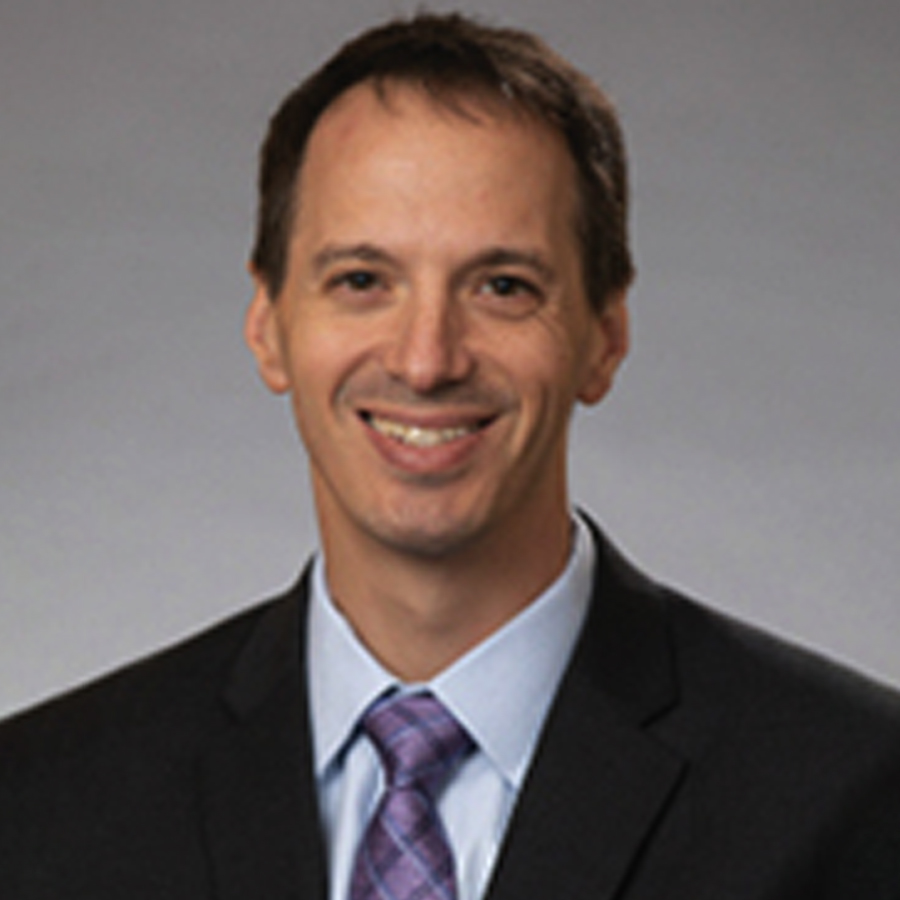
Shawn Tritt, MD
Dr. Shawn Tritt, a respected anesthesiologist, physician, and leader at Emory Johns Creek Hospital since 2009. He was appointed as Chier Medical Officer in 2019. Dr. Tritt has consistently demonstrated his commitment to patient care and hospital improvement through various leadership roles, including serving as Vice Chief of Staff, Vice Chair of Anesthesiology, Chair of the Ethics Committee, Chair of the Professional Practice Evaluation Committee (Peer Review), and member of the Medical Executive Committee and Hospital Board of Directors. He is also actively involved in surgical education and collaborative initiatives to enhance care delivery. Dr. Tritt received his medical degree from the Medical College of Georgia and completed his residency in anesthesiology at the University of Virginia, where he served as Chief Resident. His expertise and dedication make him a valuable asset To Emory Johns Creek Hospital, ensuring the community receives leading edge healthcare.

